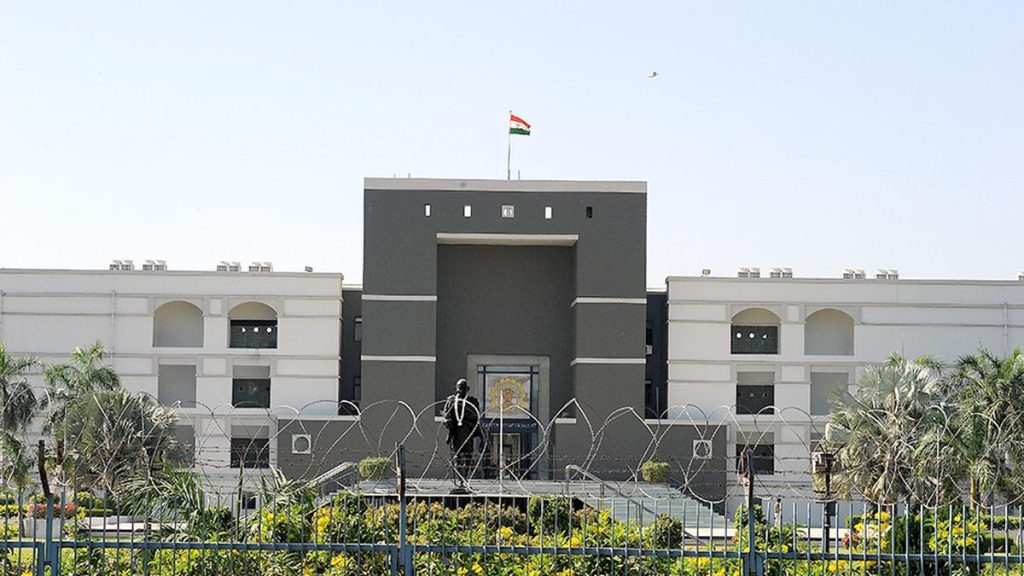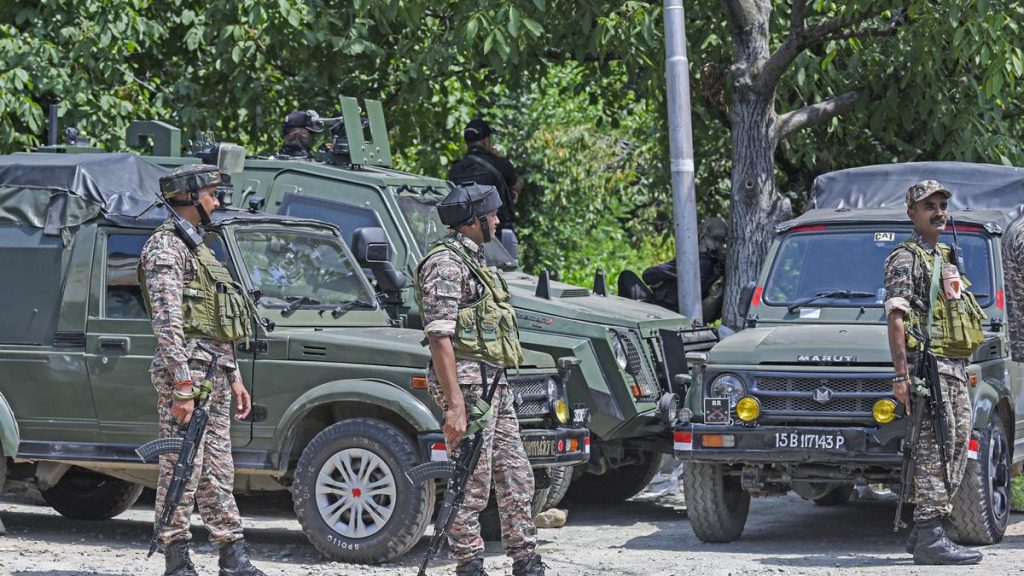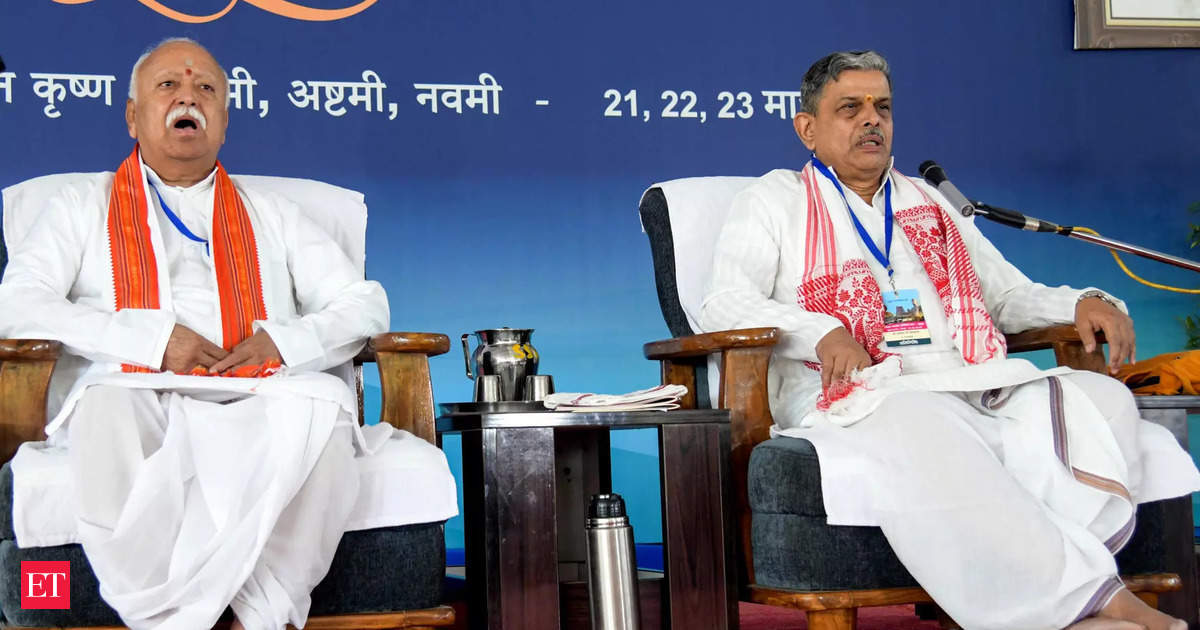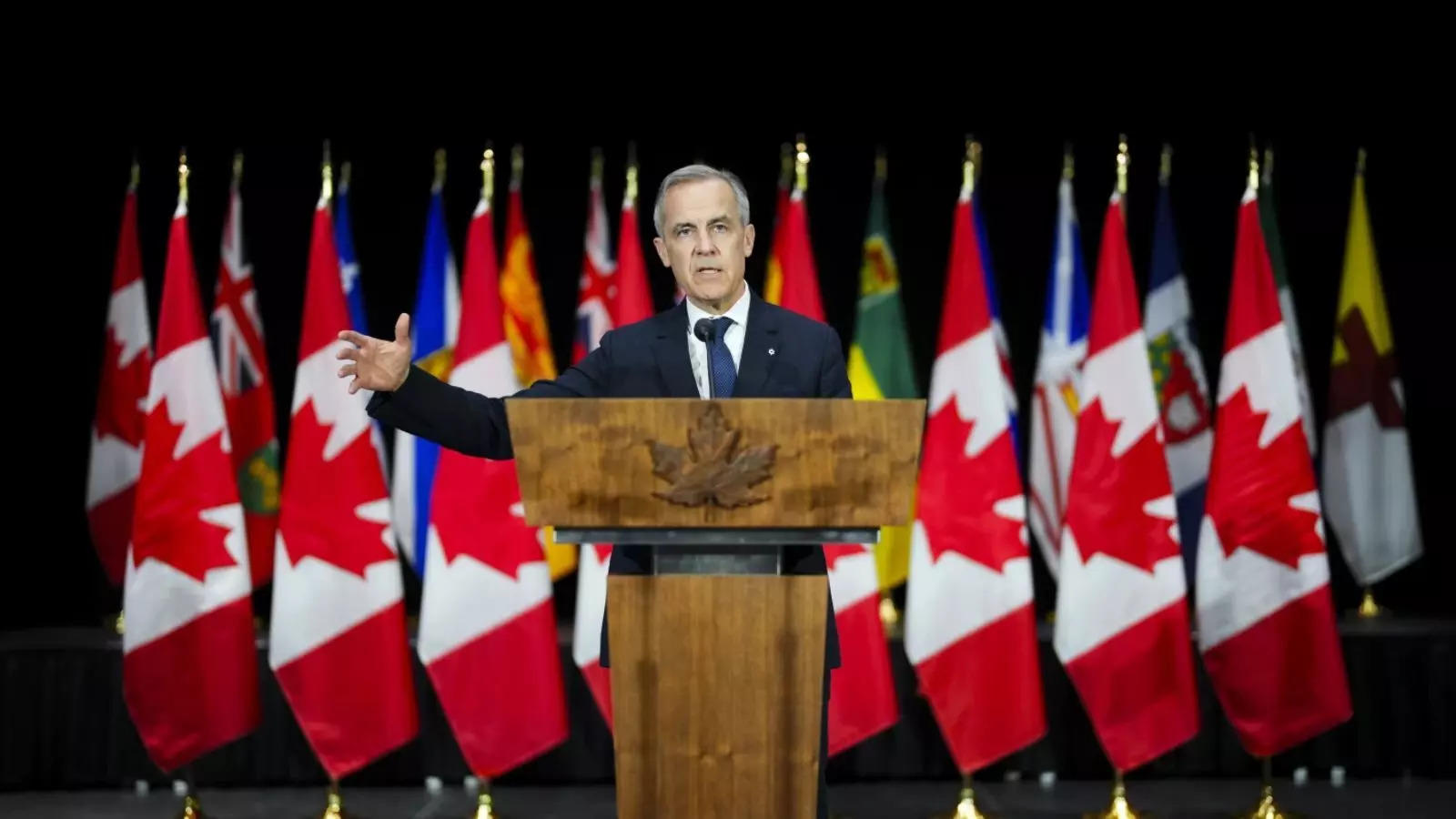Now Reading: Aurangzeb Row Sparks Riots, Puts BJP Under Pressure
-
01
Aurangzeb Row Sparks Riots, Puts BJP Under Pressure
Aurangzeb Row Sparks Riots, Puts BJP Under Pressure
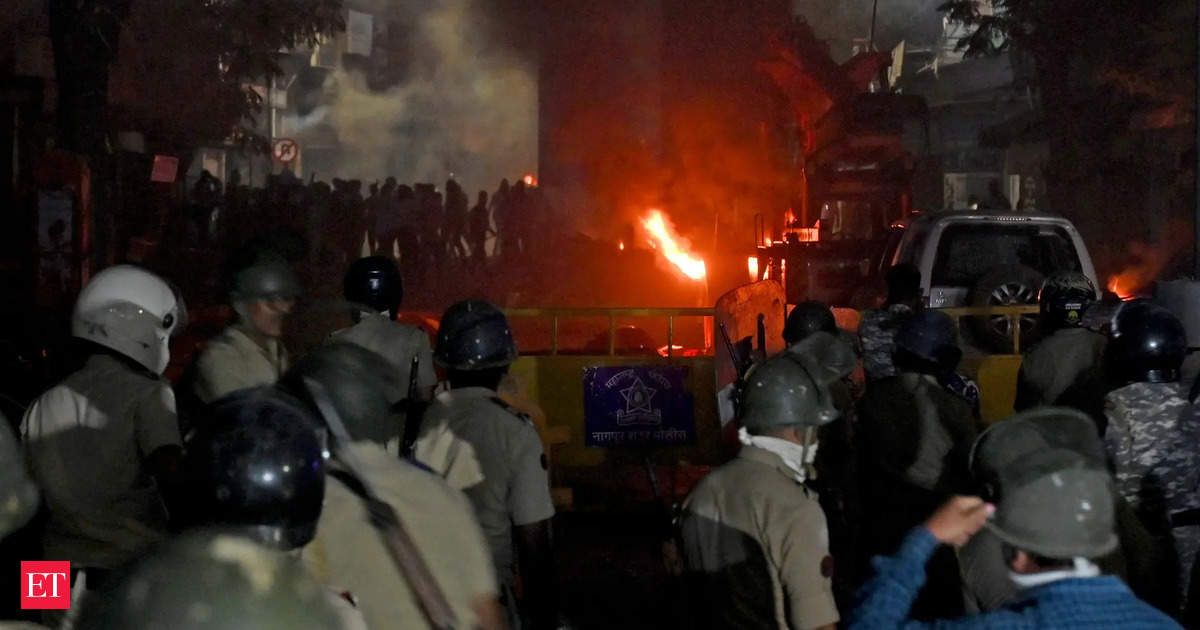
Rapid Summary
- A new blockbuster film “Chhaava” portraying the cruelty of Mughal ruler Aurangzeb toward Maratha king Chhatrapati Sambhaji Maharaj has stirred public anger.
- Maharashtra minister Nitesh Rane and outfits like VHP (Vishwa Hindu Parishad) and Bajrang Dal advocated for the removal of Aurangzeb’s grave, aiming to politically corner the Opposition.
- Protests regarding the controversy escalated in Nagpur after a rumour spread that Islamic scriptures on a green cloth were burnt by VHP and BD activists. This resulted in riots, property destruction, attacks on police officers, and meaningful unrest.
- The Maharashtra government has promised strict action to control tensions while deploying additional police security for Aurangzeb’s tomb.
- The issue has politically backfired for BJP; their claim of maintaining peace is questioned due to their association with RSS in nagpur amidst accusations from Opposition leaders.
- UBT leader Ambadas Danve criticized BJP’s actions,accusing them of hypocrisy by guarding Aurangzeb’s tomb despite earlier promises to demolish it.
Indian Opinion Analysis
The political controversy surrounding Aurangzeb’s tomb reflects escalating religious sensitivities within Maharashtra’s sociopolitical landscape. While “Chhaava” reignited historical grievances, its aftermath demonstrates how cultural sentiment can quickly morph into political strategy and communal tensions when mishandled.
From a governance standpoint, the resulting riots highlight both inadequate foresight in addressing emotionally charged issues and gaps in law enforcement readiness during volatile situations like those seen in Nagpur. Although BJP sought political leverage over opponents by stirring this debate, incidents spiraling into violence have undermined claims of effective governance-especially damaging given Nagpur’s significant perception tied to RSS strongholds.
Additionally, deploying additional police forces around Aurangzeb’s tomb signifies pragmatic damage control efforts rather than following through on provocative symbolic promises-a shift seized upon by opposition parties as grounds for critique.
Ultimately, such episodes can strain communal harmony while introducing risks of polarization that could impact social stability across Maharashtra if not managed responsibly moving forward.


